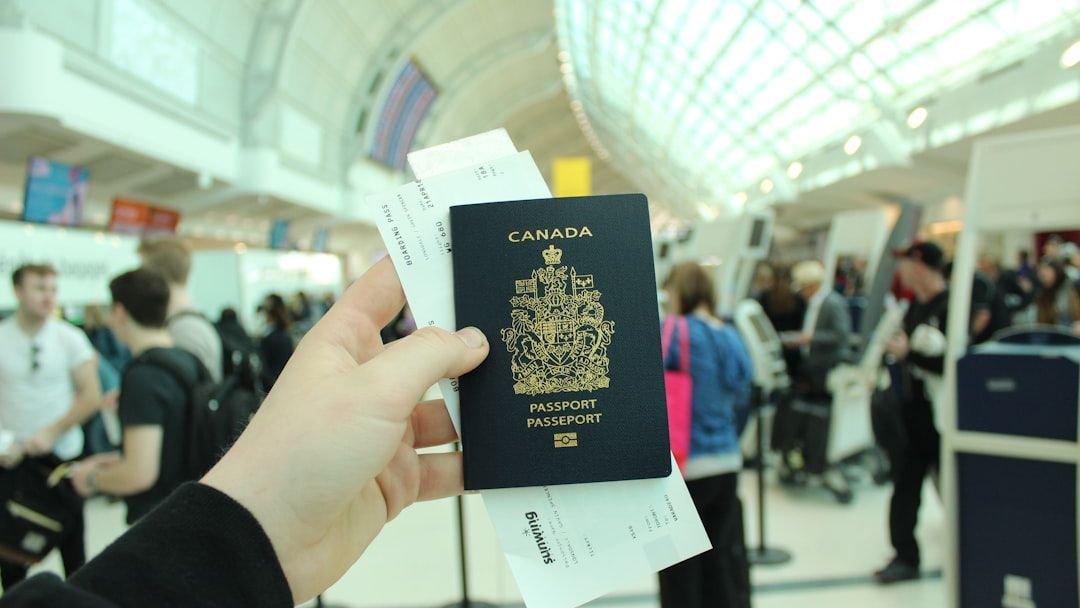Travel freedom has become a coveted privilege in our interconnected world, with passport rankings serving as a barometer of international mobility. The latest developments in global travel access reveal some surprising shifts that challenge long-held assumptions about North American travel privileges.
Let’s dive into how these rankings have evolved and what they mean for millions of travelers across the continent.
Canadian Passport Surpasses the U.S. in Global Ranking

Canadian passport holders have officially surpassed Americans in terms of global travel freedom. According to the Henley Passport Index, Canada now ranks 9th worldwide for the number of destinations its citizens can visit without needing a visa, while the United States has fallen to 12th place. The index measures the number of countries granting visa-free or visa-on-arrival access to each nation’s passport holders.
How the Rankings Have Shifted Over Time

Both Canada and the U.S. previously shared 7th place under Henley’s system, which groups countries with equal levels of visa-free access. However, this year’s data shows a growing gap between the two North American neighbours. Analysts note that changes in diplomatic reciprocity and new entry restrictions have played a significant role in reshaping the rankings.
Why Canada Pulled Ahead of the United States

Henley and Partners, the firm behind the index for the past two decades, attributes Canada’s lead partly to reciprocal visa policies. Several nations have tightened entry requirements for Americans in response to U.S. visa rules. In contrast, Canadian travellers enjoy visa-free access to destinations like Belarus, Papua New Guinea, and Uzbekistan, and can also enter Bolivia and Rwanda without applying for a visa on arrival – advantages their U.S. counterparts lack.
Breaking Down the Numbers Behind the Rankings

When the data is further disaggregated, Canada ranks 32nd globally for total visa-free destinations, while the United States comes in at 37th. Both countries were tied in 26th place last year, showing that while both have slipped slightly overall, the U.S. has dropped faster. These shifts reflect the growing complexity of international travel agreements and the impact of diplomatic negotiations.
China’s Rapid Rise in Passport Accessibility

The 2025 index also highlighted China’s expanding travel access. The Chinese passport has climbed dramatically over the past decade – moving from 94th place in 2015 to 62nd in 2024, before dipping slightly to 64th this year. Henley noted that China has granted visa-free entry to travellers from 30 new countries in just the past year, now offering visa-free access to 76 nations, which is 30 more than the U.S. currently allows.
Canada’s Own Challenges in Maintaining Access

Despite its high ranking, Canada has faced some setbacks in travel access. A key example is Brazil, which reinstated visa requirements for Canadian visitors earlier this year after diplomatic negotiations failed to ease entry for Brazilian citizens. Experts say such developments demonstrate how passport strength is influenced not only by foreign policy but also by shifting global relationships and reciprocal agreements.
